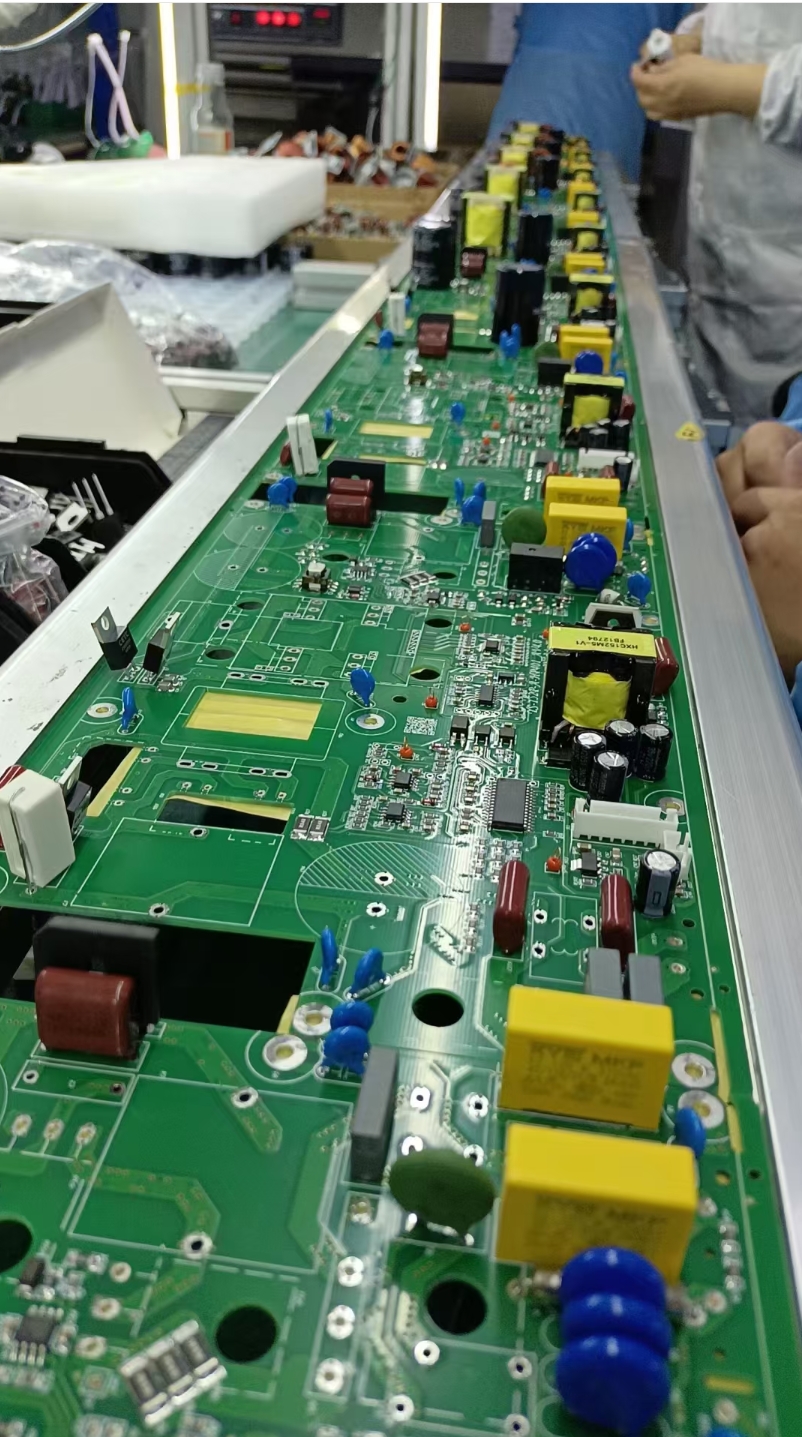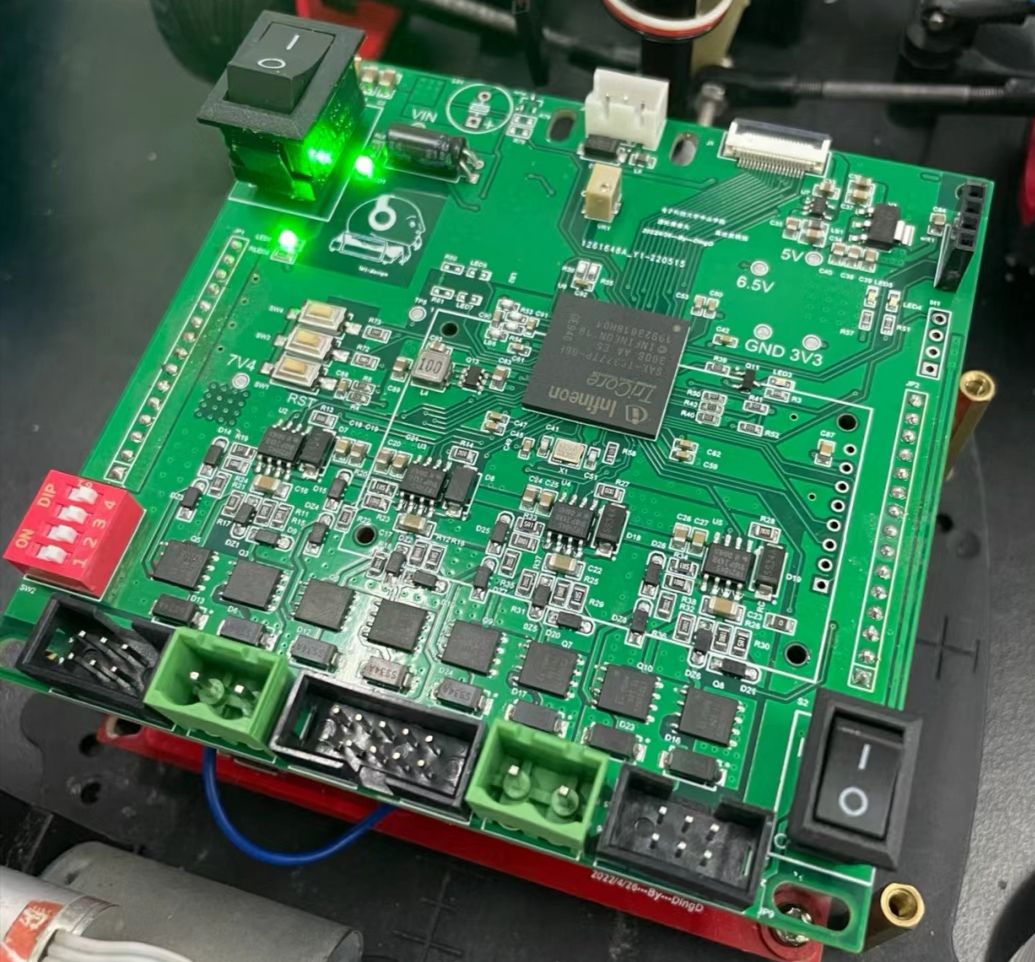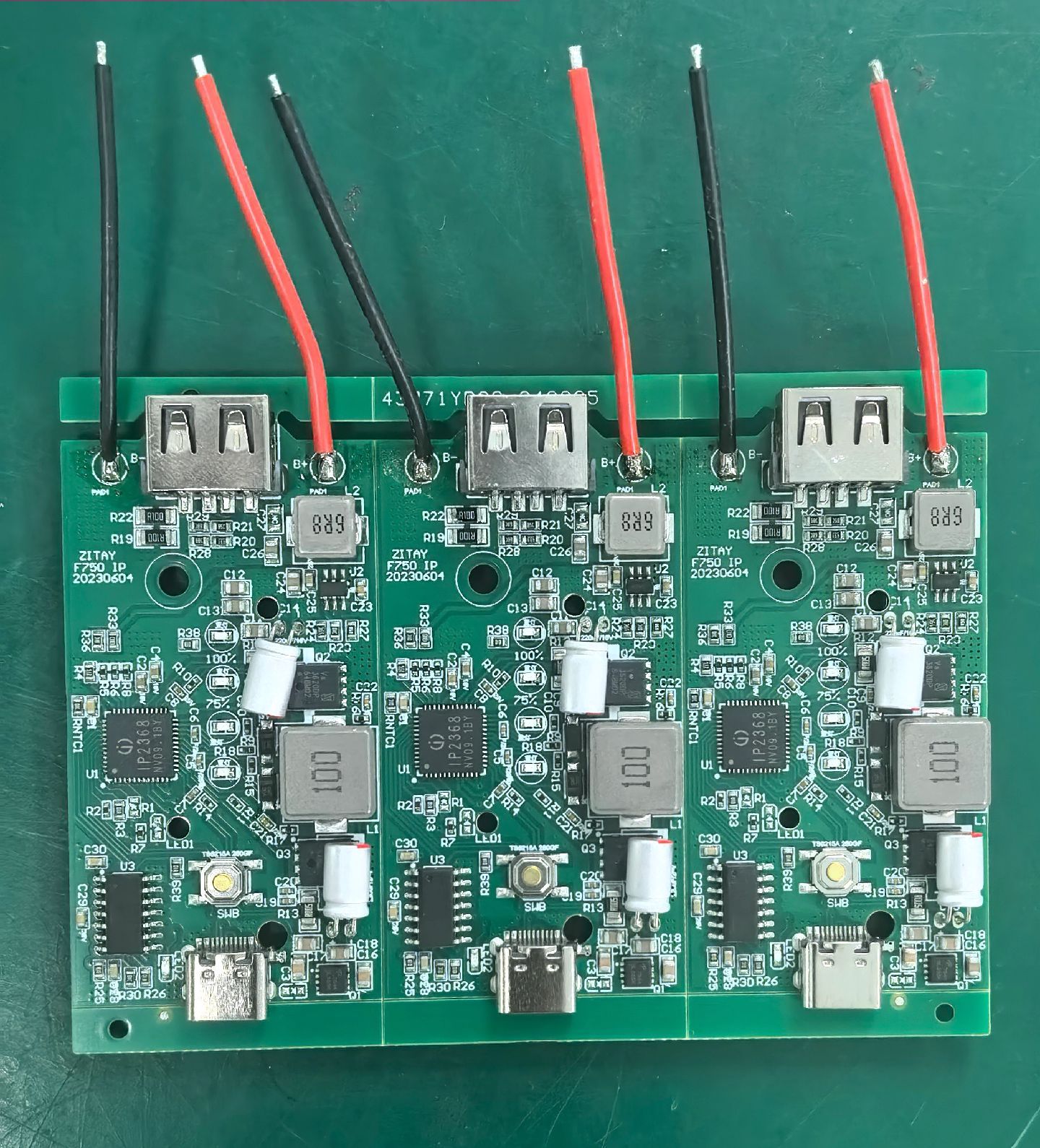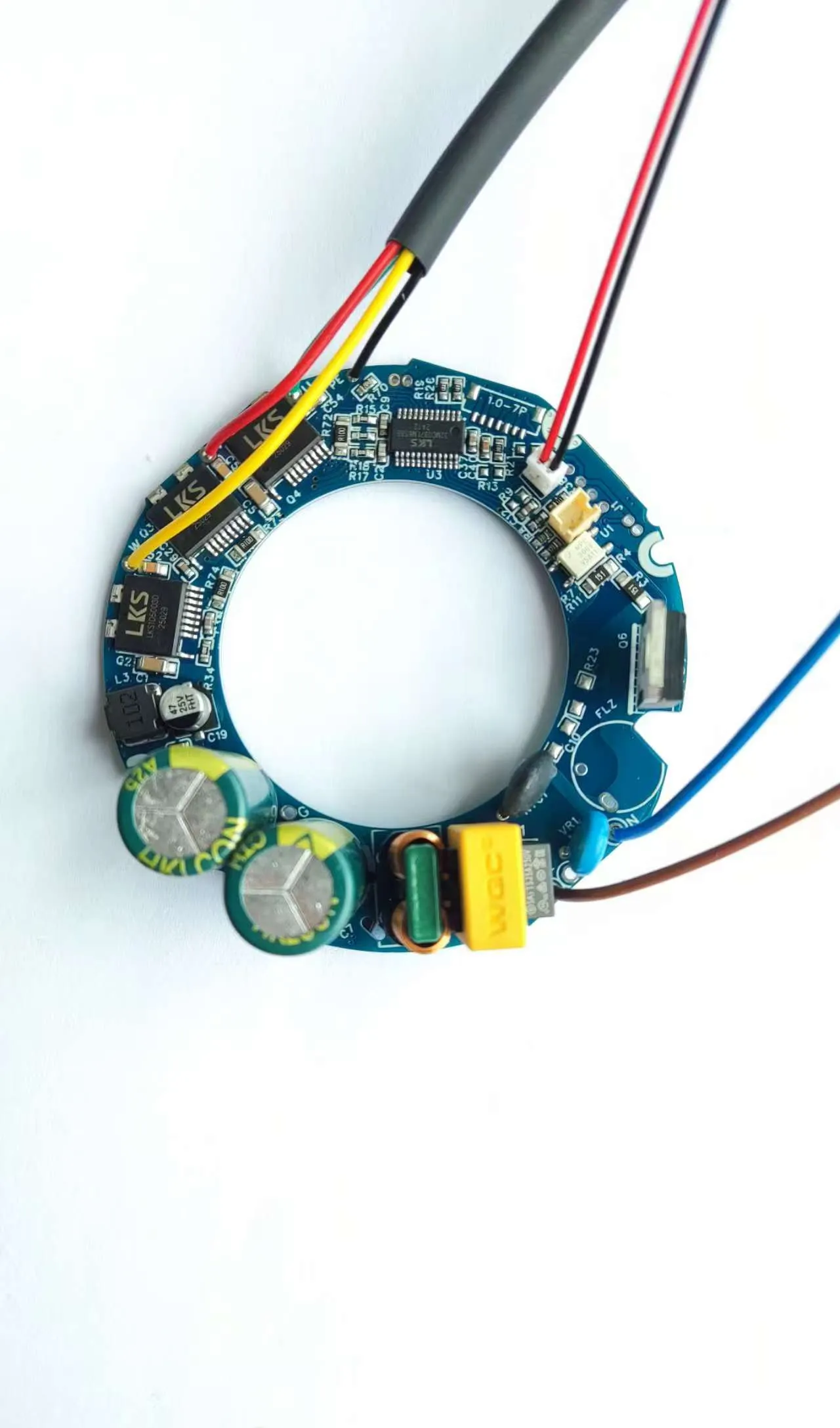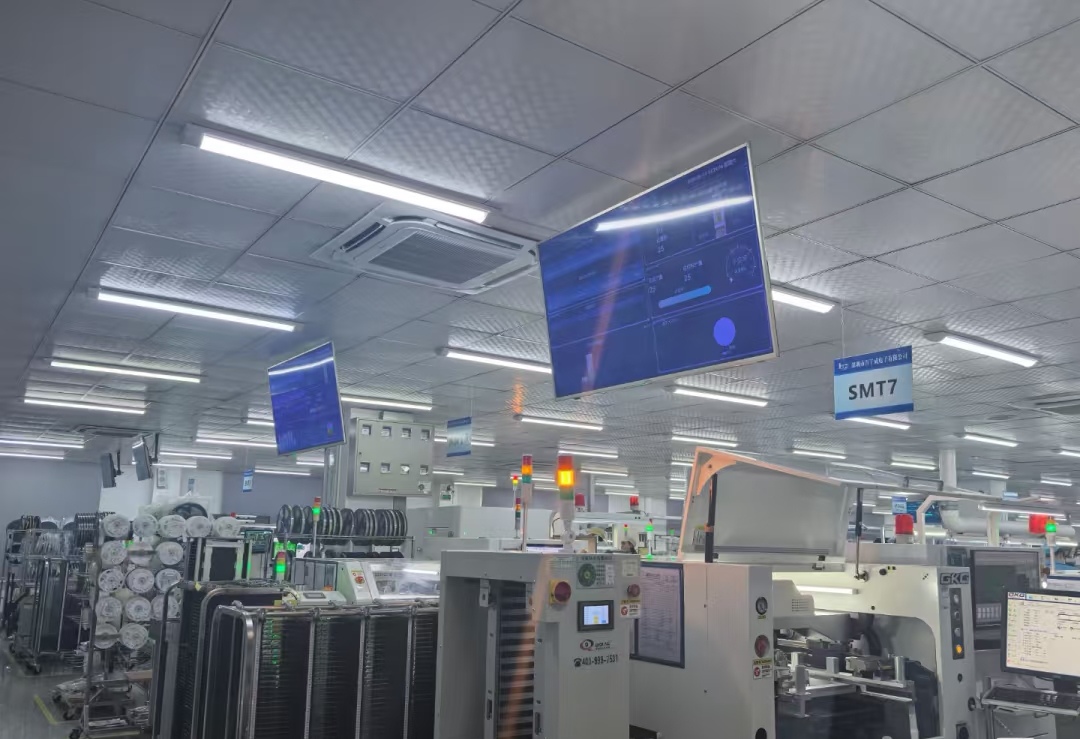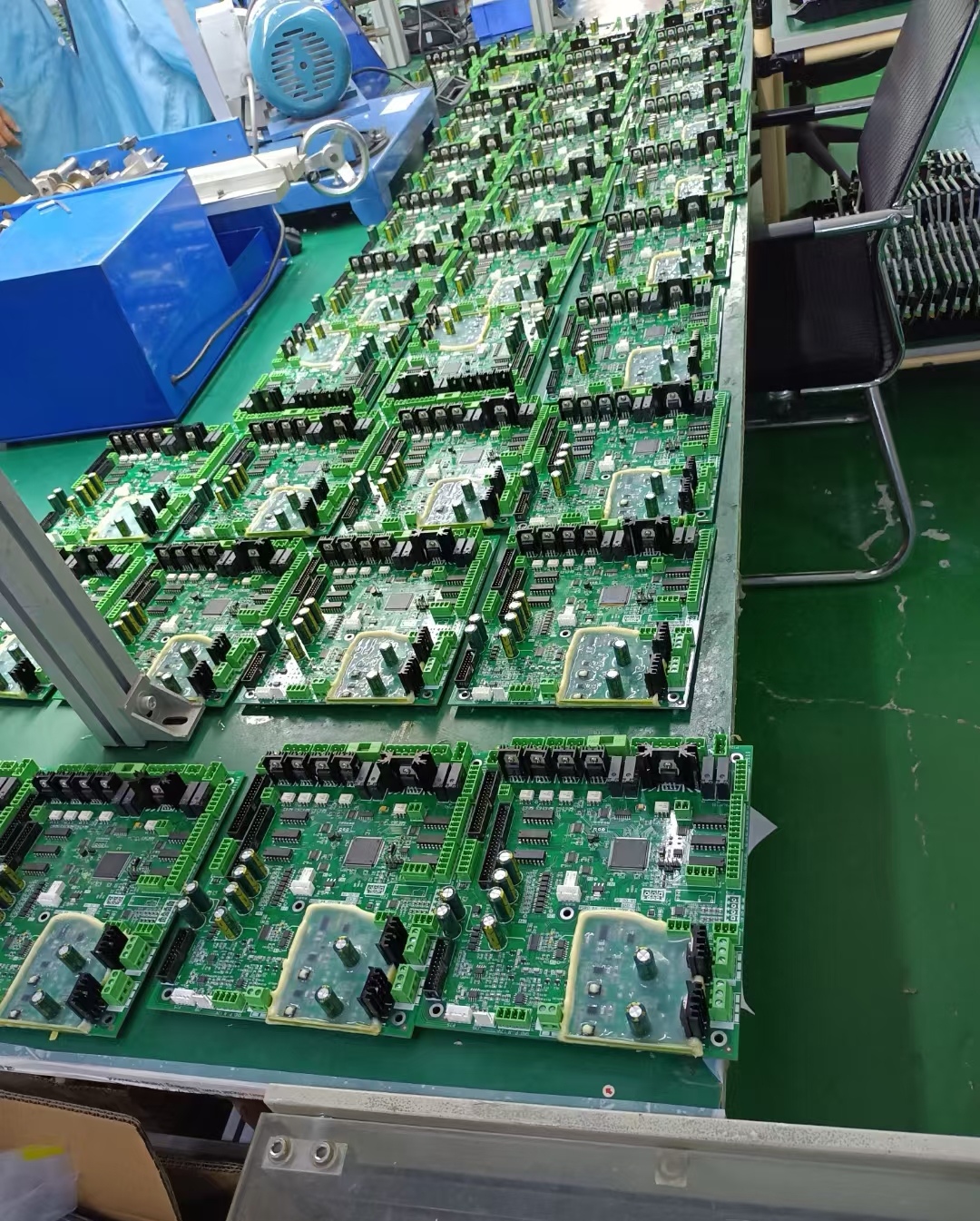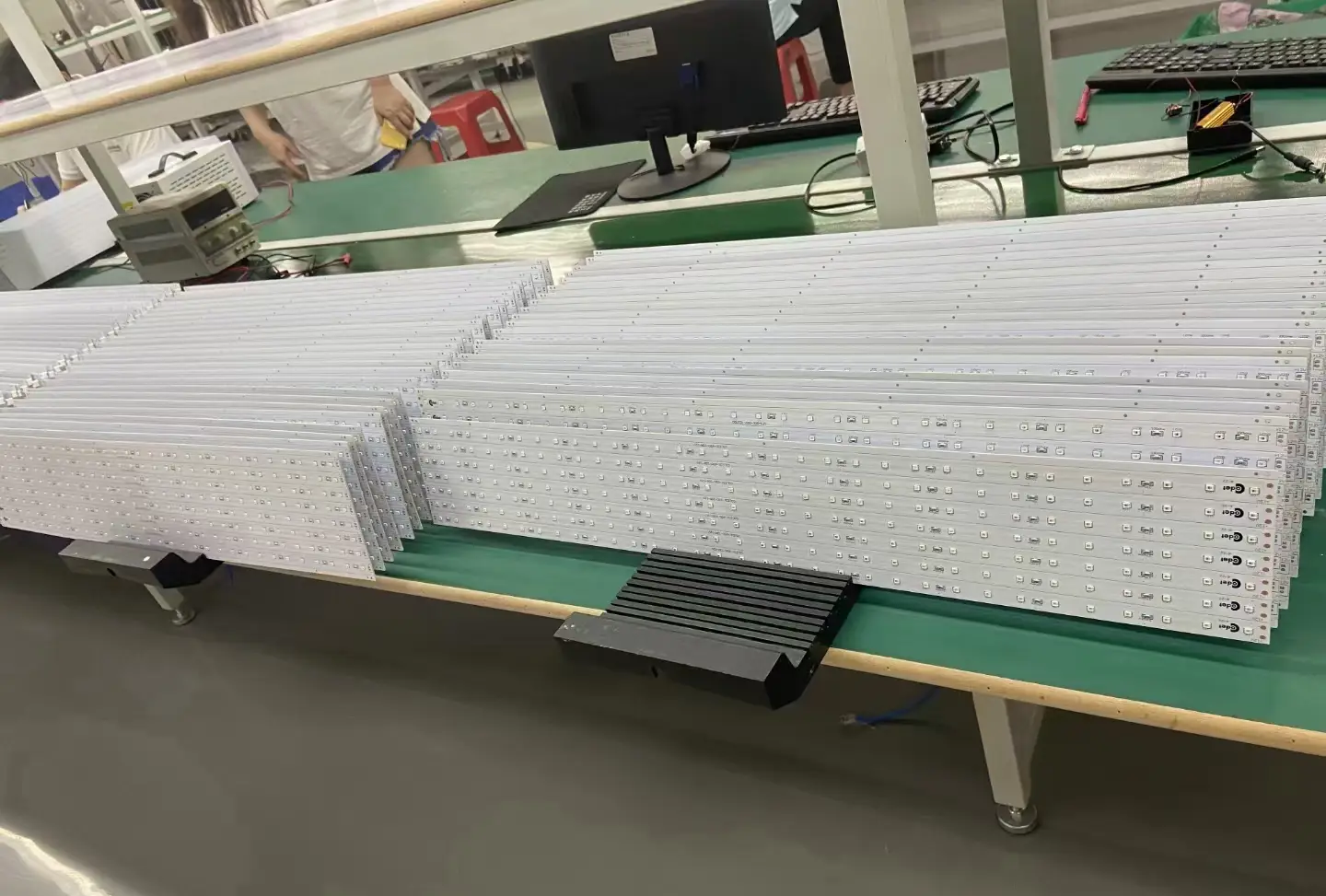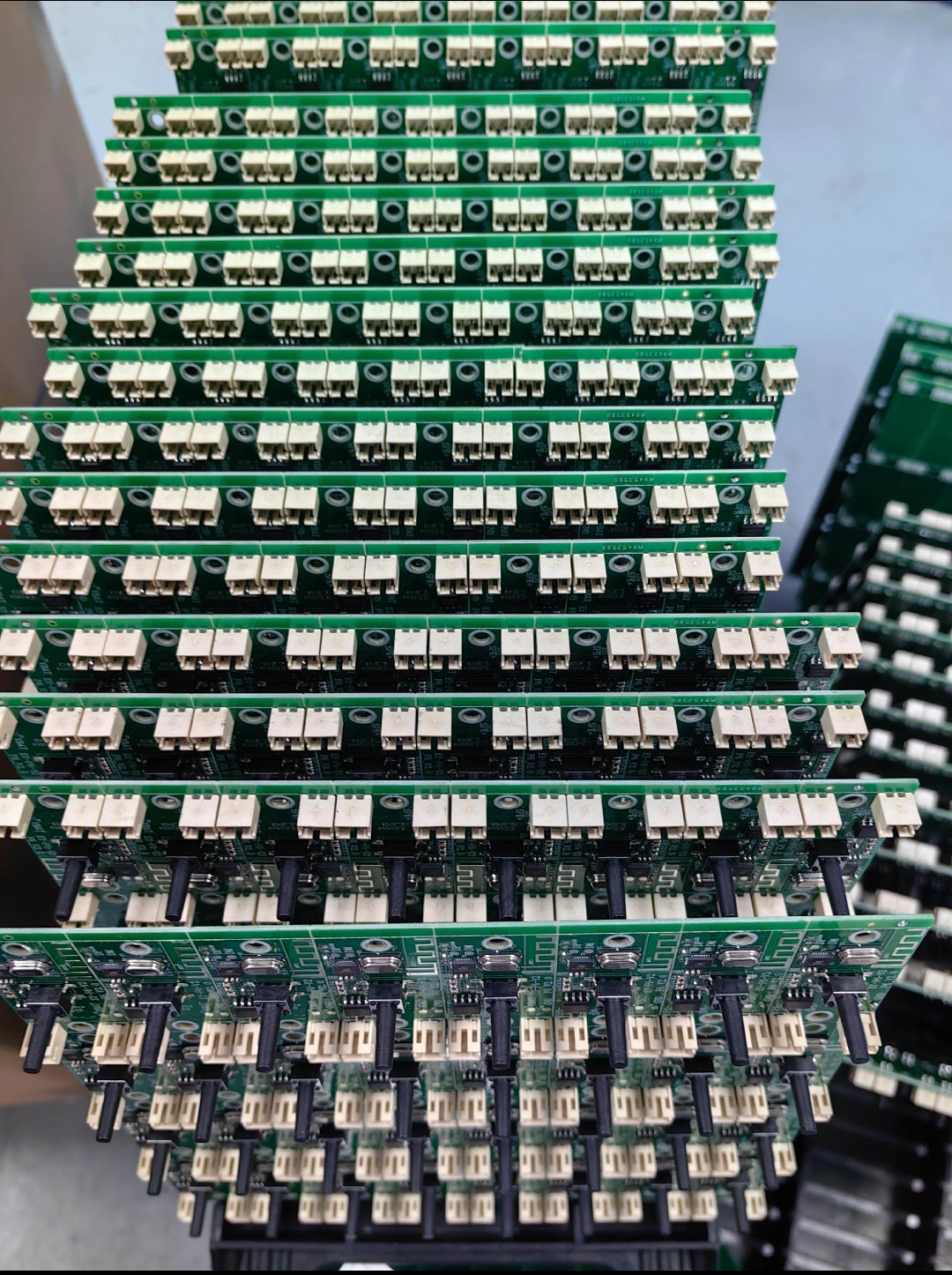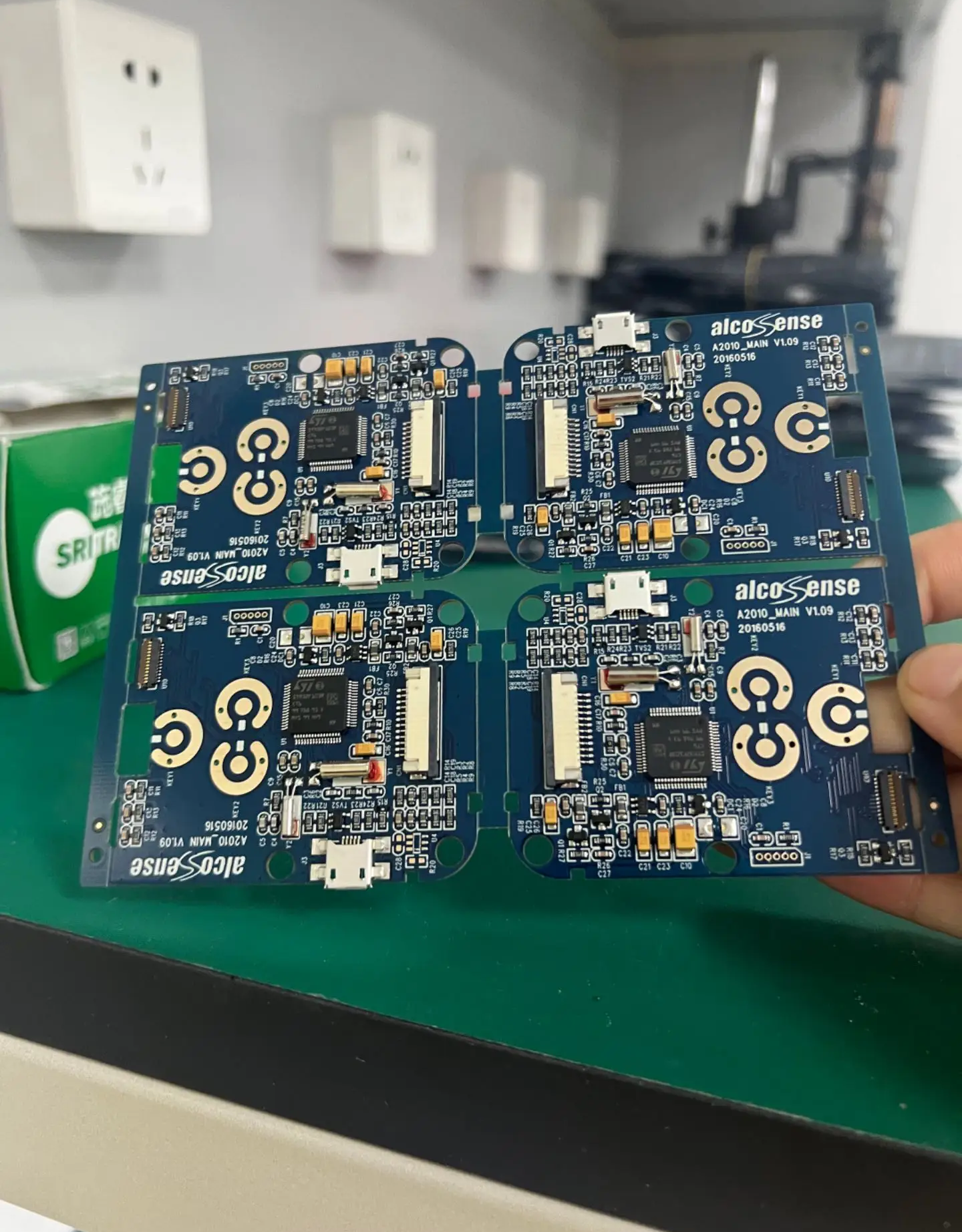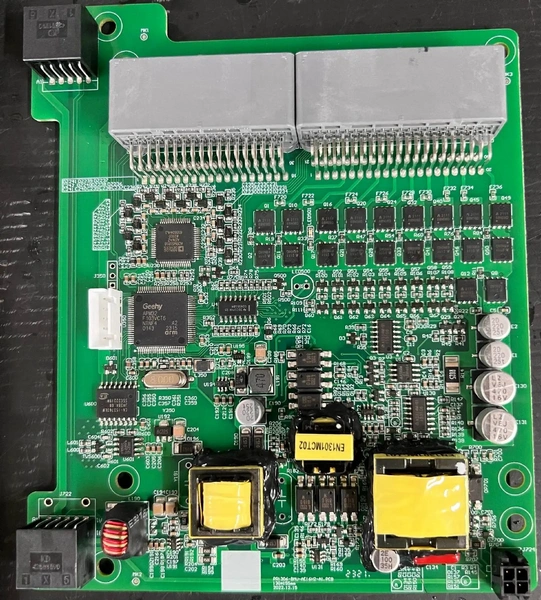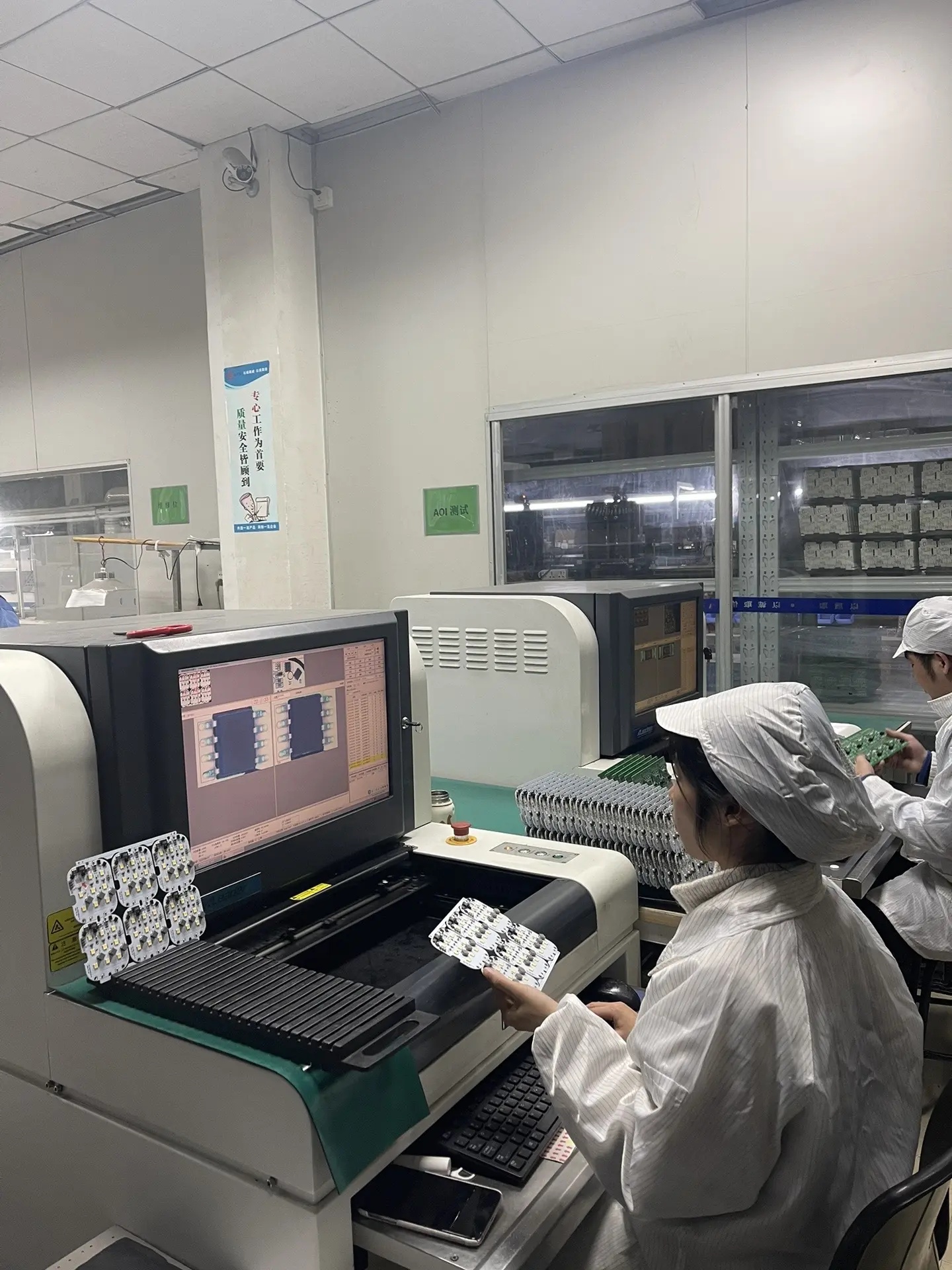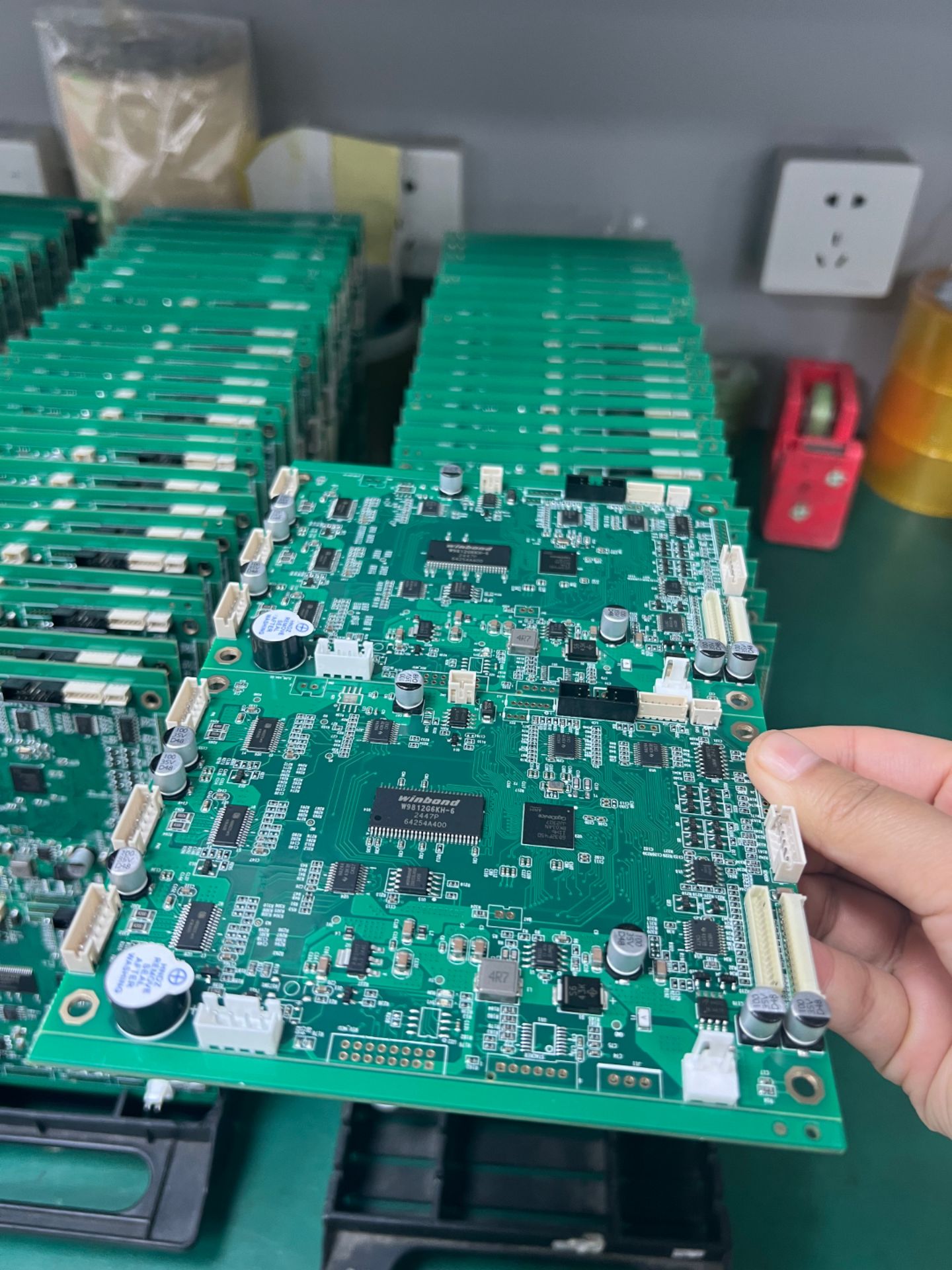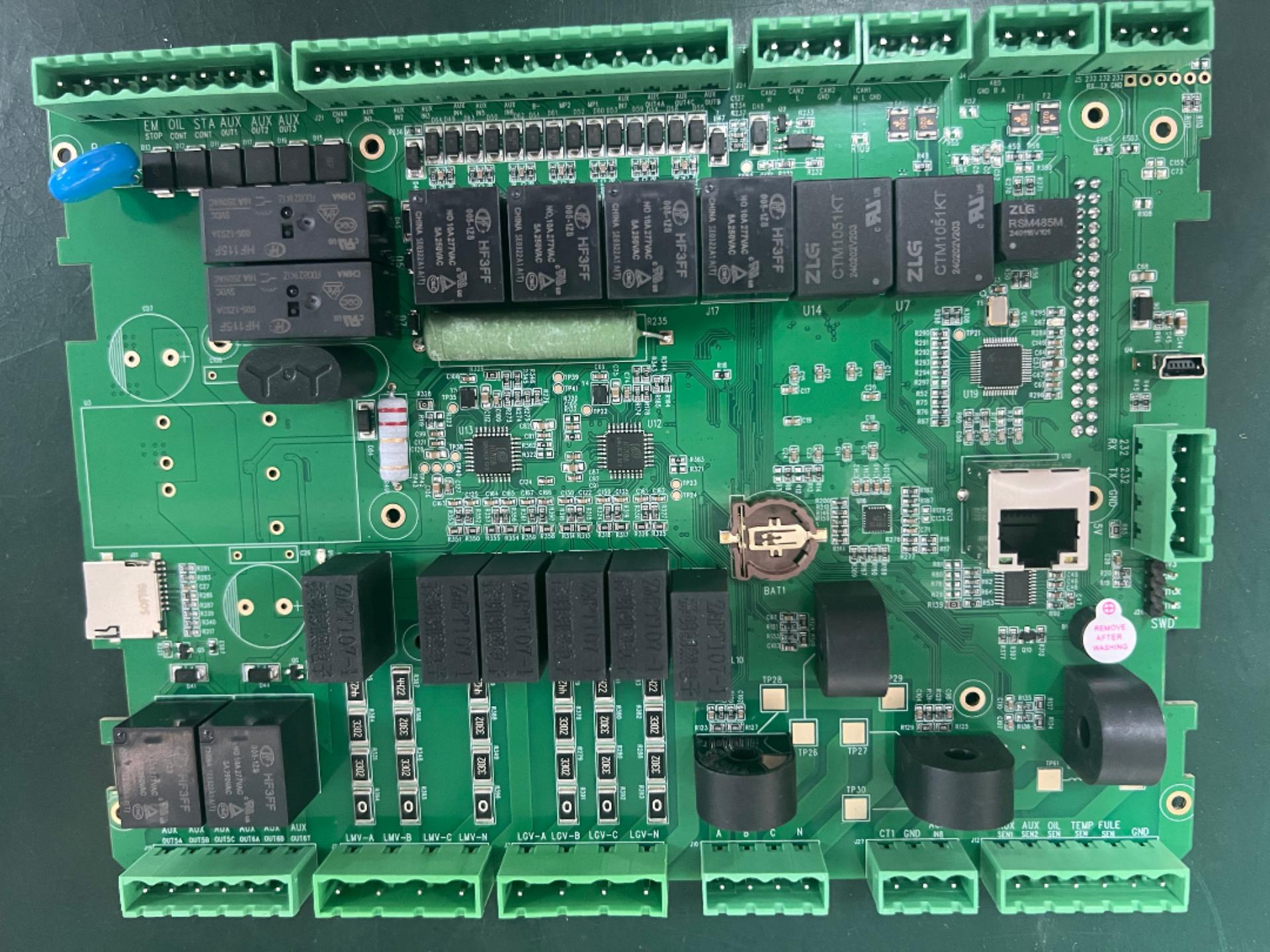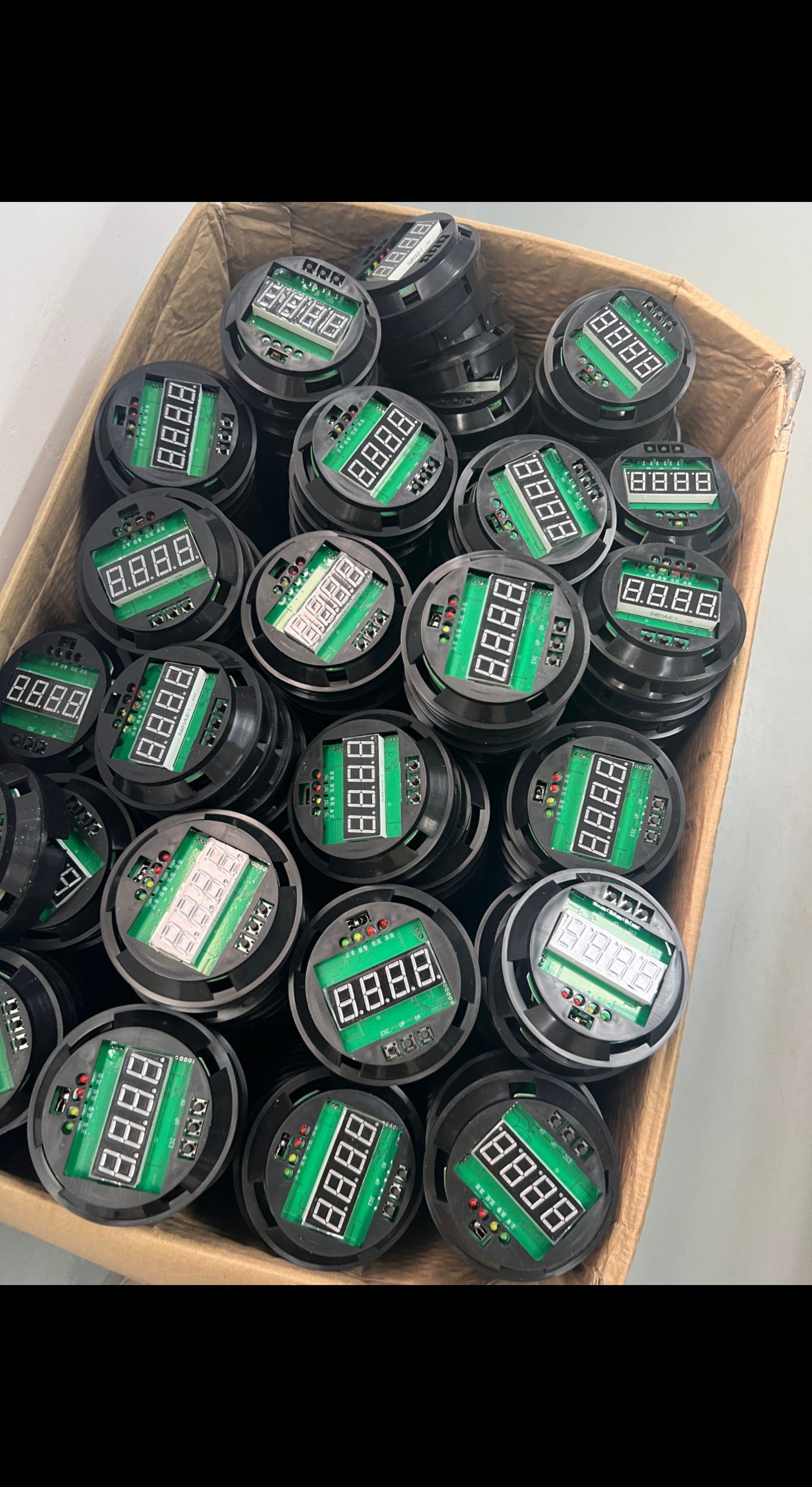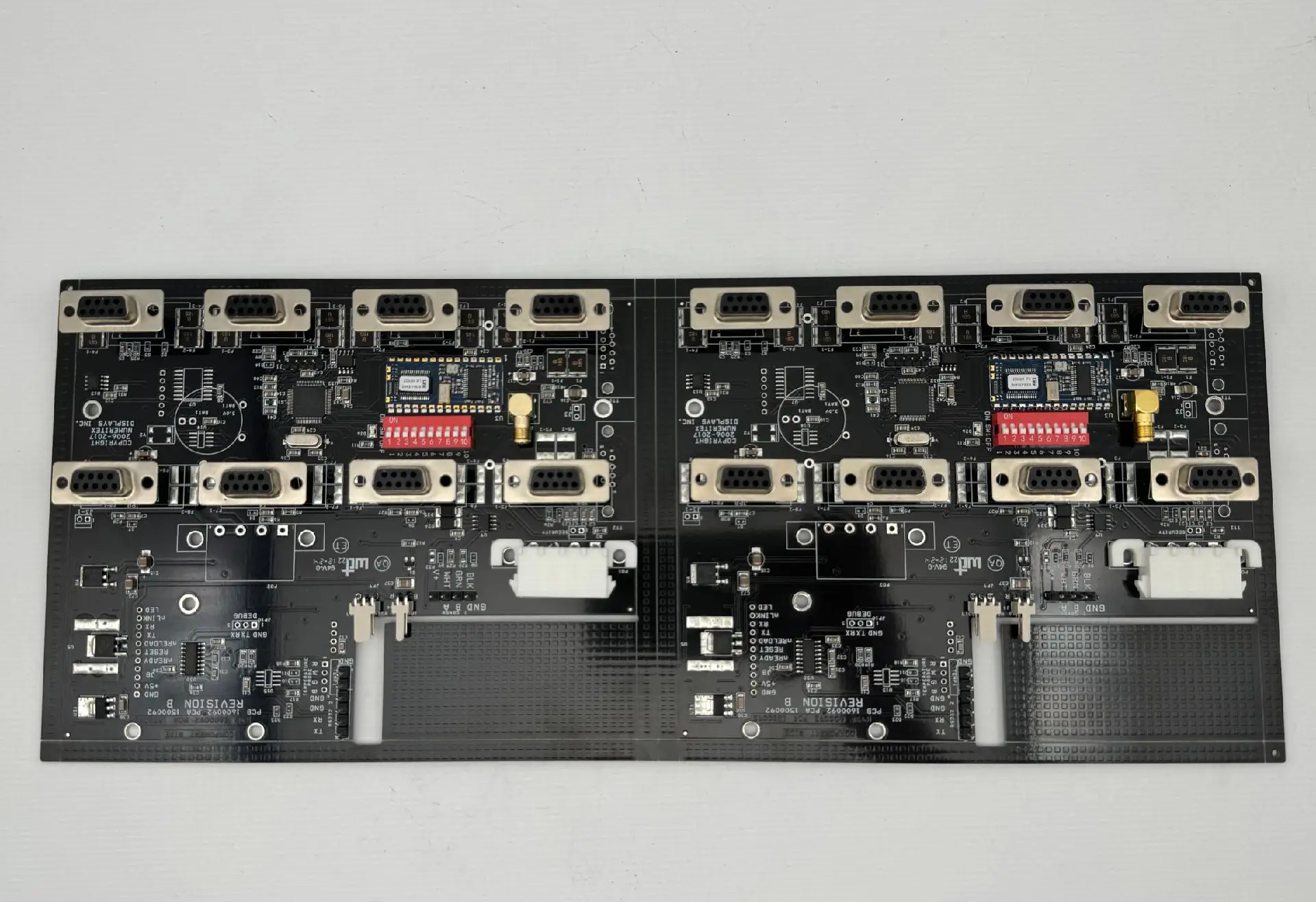The main reasons for performing resin plugging on PCB boards are as follows:
Avoid short circuits and empty soldering: In PCB boards, especially when using BGA (Ball Grid Array) components, due to the high density of components, traditional VIA (vias) may not be able to directly connect to the traces on the back side. In this case, it may be necessary to drill holes directly from the PAD (pad) to create VIAs for routing to other layers. If resin plugging is not used, these holes may cause solder leakage, which in turn may lead to short circuits on the back side or empty soldering on the front side.
Improve the vacuum degree during lamination and surface flatness: After filling various blind and buried holes with resin, it is beneficial for reducing the vacuum degree during lamination. At the same time, it can avoid the problem of surface depressions caused by insufficient resin flow filling during lamination, which is helpful for the fabrication of fine lines and the control of characteristic impedance.
Effectively utilize the three-dimensional space: The resin plugging process allows for the interconnection between any layers through the via stacking technology, thereby making more effective use of the three-dimensional space.
Achieve higher-density wiring: By designing patches on the holes, higher-density wiring can be achieved, meeting the requirements for integration and performance of modern electronic products.
Improve the quality of PCB boards: With the resin plugging process, there are no dents on the surface of the PCB board, and the holes can be electrically conductive without affecting soldering. This process is particularly favored for products with a high number of layers and a large board thickness.
In conclusion, performing resin plugging on PCB boards is mainly to avoid short circuits and empty soldering, improve the vacuum degree during lamination and surface flatness, effectively utilize the three-dimensional space, achieve higher-density wiring, and improve the quality of PCB boards. These advantages make the resin plugging process an important process in the manufacturing of modern PCB boards.
10203 View

